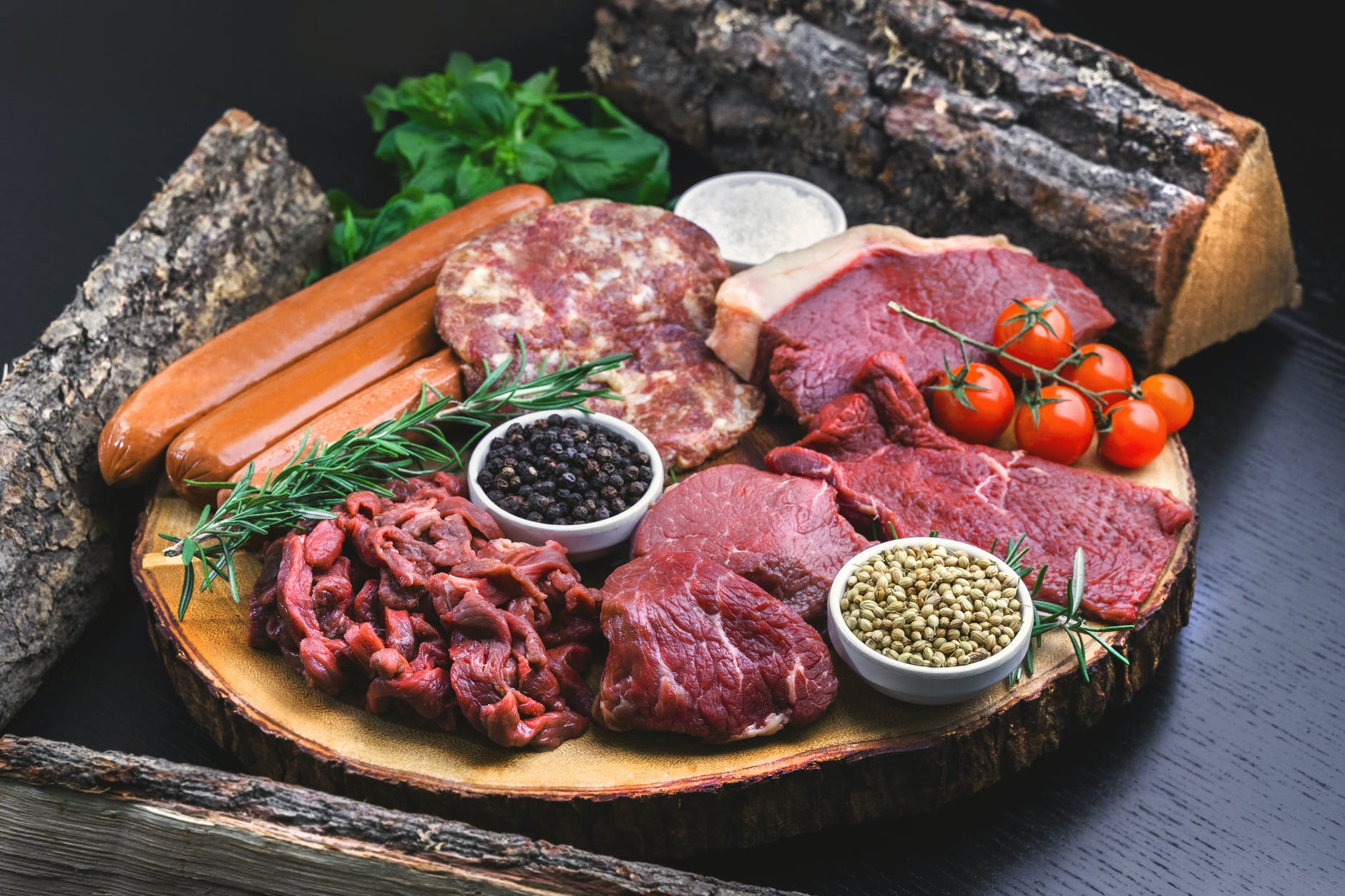If you are like me, you are old enough to remember when margarine invaded everybody’s homes because butter was bad for you. The tubs of synthetic fats with artificial flavoring never seemed right to me. Same with the egg. I remember as a child when eggs were cut back, not eliminated, from my home because “scientist” said they were too unhealthy due to cholesterol.
Today, sites like WebMD will inform you that butter has potential cons but also that it can lower chances of cancer, help you eyes, strengthen your bones, and improve your skin. You can even find the American Heart Association now saying that an egg a days can keep the doctor away!
If you’re not old enough to remember those earlier days, most will have heard the message, “Meat bad.” Everything from it builds up in your gut, to it’s mean and ruins the environment. There is a culture war on meat like so many other things.
Enter the University of Adelaide from Australia. They have released a study, “Total Meat Intake is Associated with Life Expectancy: A Cross-Sectional Data Analysis of 175 Contemporary Populations”1 which claims to have been based on “approximately 90% of the worlds population” (p.1834). That’s a big study! I don’t recall reading or hearing any study with a population that large on any topic.
This study takes a direct shot at what is widely assumed as accepted fact. That is, that vegetarian diets are healthier. Indeed, the authors state, “the suggestion that vegetarian diet improves longevity is questionable” (p. 1834). Rather, they come to the opposite finding, specifically, “meat intake is positively associated with life expectancy at a national level” (p. 1847). It is worth noting they defined meat in accordance with the definition used by the United Nations Food and Agricultural Organization which:
is defined as “flesh of animals used for food”, and total meat includes beef and veal, buffalo meat, pig meat, mutton and lamb, goat meat, horse meat, chicken meat, goose meat, duck meat, turkey meat, rabbit meat, game meat and offal.
(p. 1835)
They found countries “with greater meat intake have greater life expectancy and lower child mortality” (p. 1843). This news won’t come as a shock to many who approach food in a counter-cultural understanding. If you’ve previously understood that it’s better to eat food as God intended, then this won’t come as any surprise.
This study is now over a year old, and the push to move away from meats and to life expectancy reducing diets continues. Why is that?
- 1.You W, Henneberg R, Saniotis A, Ge Y, Henneberg M. Total Meat Intake is Associated with Life Expectancy: A Cross-Sectional Data Analysis of 175 Contemporary Populations. IJGM. Published online February 2022:1833-1851. doi:10.2147/ijgm.s333004
